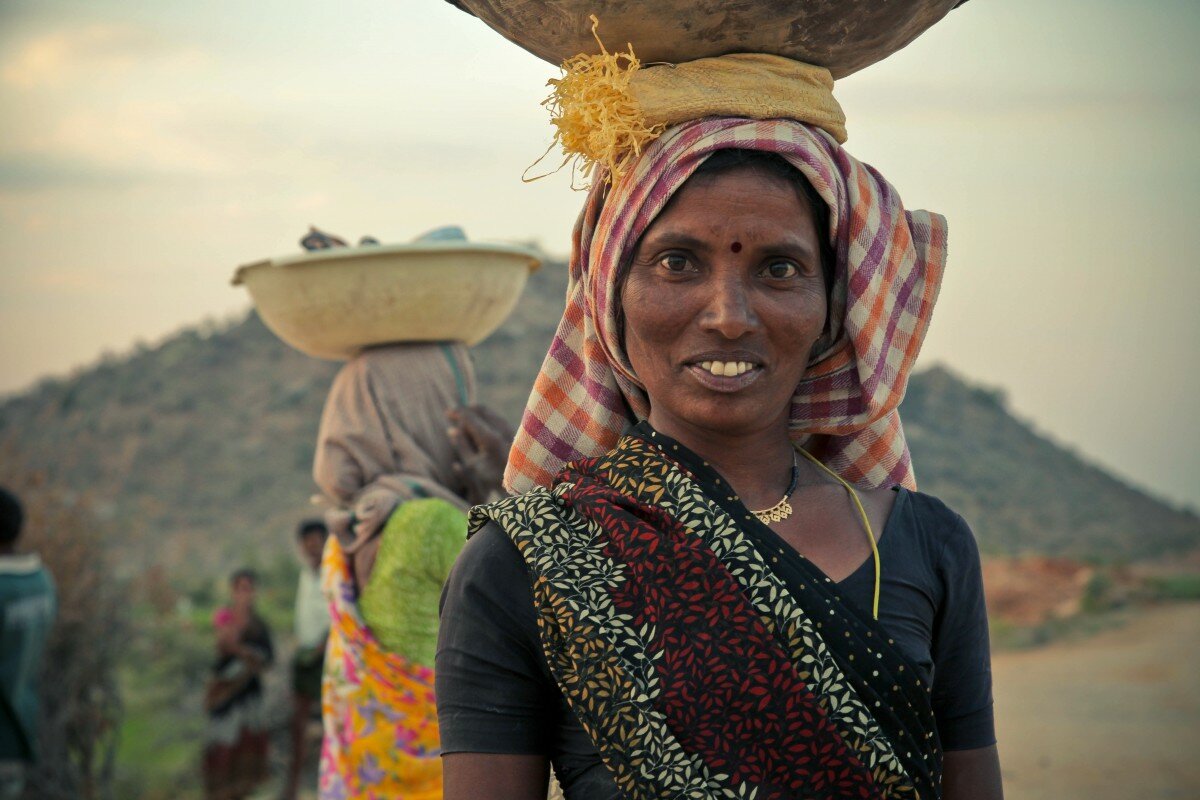Gender bias is ingrained globally in the cultures, economies, political and social institutions. Women are subject to prejudice, stereotypes, discrimination and abuse, causing them to not meet their potential in the process of decision making in society. This inequality raises a lot of moral questions. However, it also pushes the goal of achieving environmental sustainability farther and farther away.
Gender equality is considered to be crucial to sustainable development with its own SDG (Goal 5). However, the interconnection between environmental sustainability and women empowerment is often overlooked in practice.
More often than not, women are key managers of natural resources. Especially in rural regions, women are more directly dependent on natural resources with responsibility for the unpaid work of securing food, water, fuel and shelter for the household. Empowering them can make them powerful agents for change.
Women bring in a different perspective to the sustainability solutions since they are more vulnerable to environmental degradation and climate change. They have different ideas and concerns for change since the problems they face first hand are different than the global problems. Taking them into account is equally important to achieve a state of sustainability.
In order to get this, it is important to have empowered and educated women in decision making roles at all the levels. This must not add up to their already burdening responsibilities. Understanding the need to take time off for themselves, family or community is imperative for their efficient growth.
Women account for about 75% of the world’s unpaid care and domestic work. These hours are valued at 13% of global gross domestic product (GDP). According to a UN report, the unpaid care economy would represent between 15 to over 50% of GDP, if included in national accounts. The contribution by women just like nature is often considered as a passive resource in our economic, political and social systems.
Women and nature are assumed to possess an infinite capacity for self-maintenance and self-regeneration. This is why, in a world where progress is measured by GDP and economic growth, contribution by nature and women are unaccounted for. In order to reach the global potential of sustaining in harmony with nature, we need a transformation in economic thinking and new definitions for measuring progress.
A system based on different values with equality and sustainability at its core across politics, business and media is what we need to make real impactful progress.

